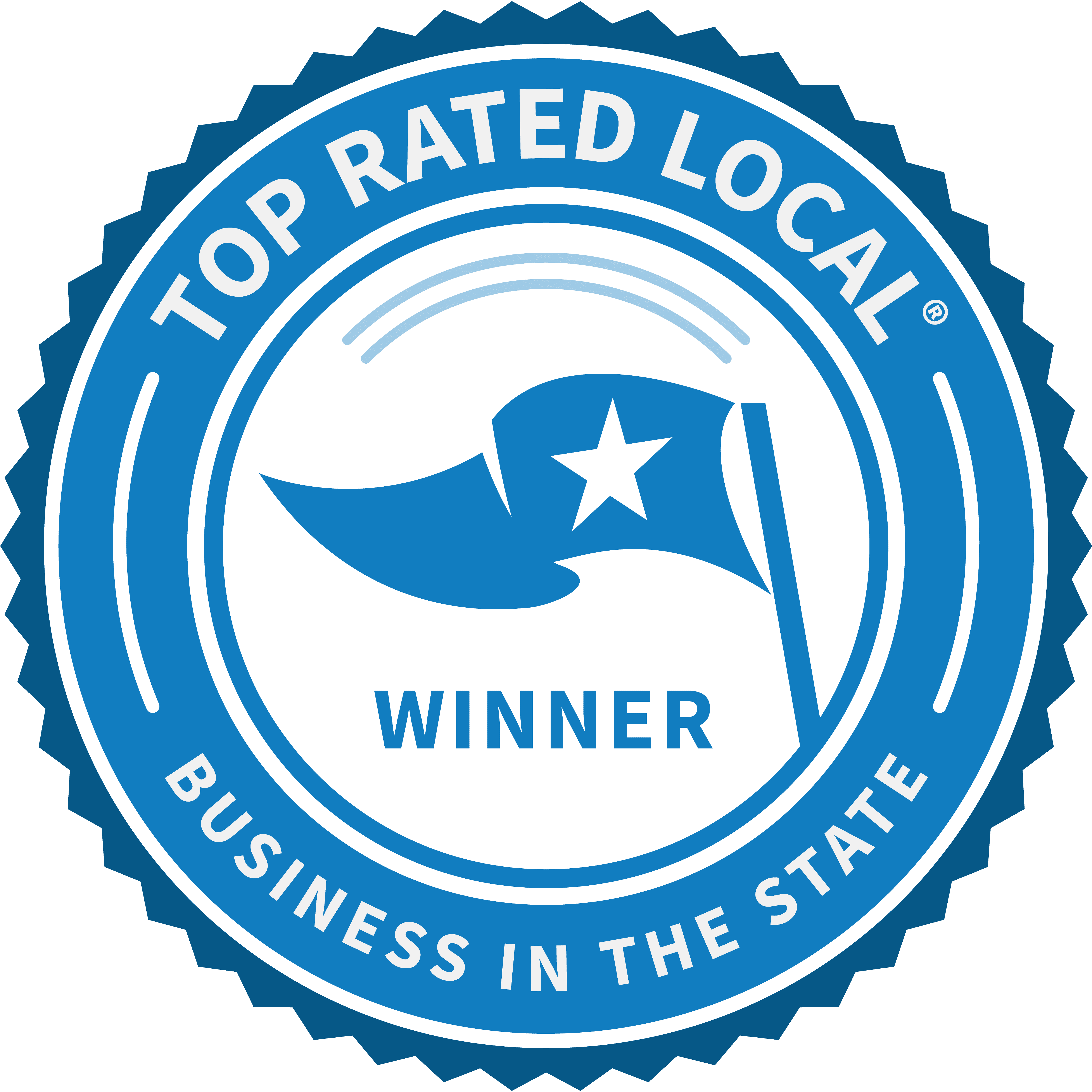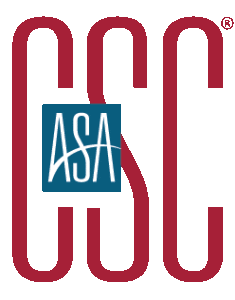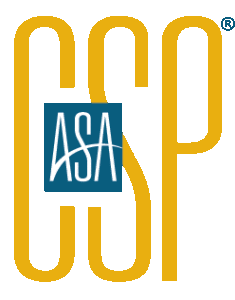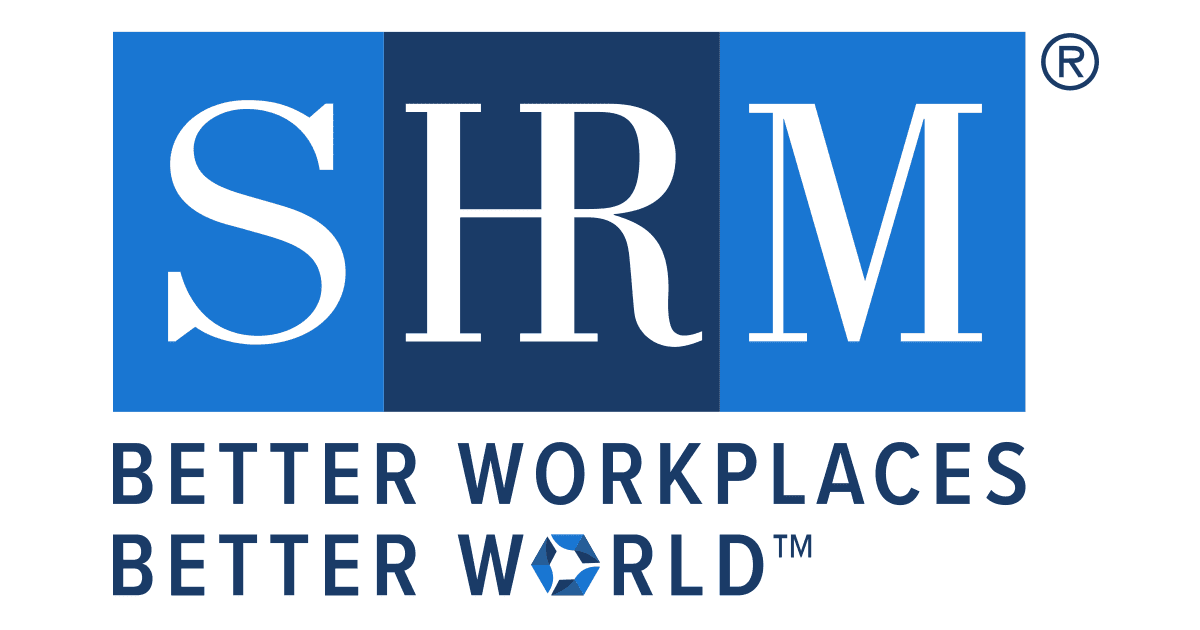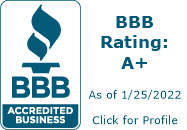Thinking about becoming a recruiter but not sure if you’ve got what it takes? You may be wondering, how do I become a job recruiter? Recruiting can be a great field to enter. It has tons of transferable skills and lots of upside benefits. Plus, many recruiters are paid bonuses for filling positions. All in all, it’s an excellent field to enter. But many people think it requires a specific educational background or work experience. Not true! Read on to learn three tips on how to become a recruiter with no experience.
1. Make Sure You Have the Personality

Before exploring how to become a recruiter for jobs, let’s make sure it’s the right field for you. One of the biggest factors in determining if you would be a good recruiter is your personality. While you don’t necessarily have to be an extrovert, some key personality traits are must-haves if you want to learn how to qualify for recruiter jobs in Washington, DC (or anywhere). You’ll need:
- An eye for matchmaking — Do you just have the instinct for seeing when two people will be a good fit? If so, then you already have what it takes. How to get into recruiting with no experience won’t be difficult with these qualities.
- Recruiters have to be able to assess personalities and skill sets and match them to positions they will be successful in.
- Social media chops — When mapping out how to become a recruiter with no experience, it helps to be comfortable on social media. In today’s world, social media networking is one of the biggest ways that recruiters find matches. So being tech-savvy, having a large following, and knowing how to use your contacts to bring in others are a must.
- Positivity — If you don’t have a positive attitude, even during the worst of times, it’s hard to convince anyone of anything. Since so much of a recruiter’s job is hyping up people and positions under any circumstance, a positive attitude is non-negotiable.
2. Make Sure You Have the Education
When contemplating how to become a recruiter with no experience, the next question is whether you need the right degree. Education is a tricky one, because there is no degree in recruitment. So what field should you study? Essentially, you need some education. Recruiters frequently have bachelor’s degrees in HR or management, but this is absolutely not necessary. Do you have a degree in an engineering or science field? Recruit for a tech company.
Are you wondering, how do I become a job recruiter in the education field? Look for a position at a university. Even a lawyer is qualified to be a recruiter. They could work for a law firm or governmental agency. If a field exists in which people need to be hired, then that field’s educational background would work well for recruiting. In short, if you want to know how to become a recruiter with no experience, you probably need an education — but the sky’s the limit on what that education looks like.
3. Make Sure You Have the Skills

When researching how to get into recruiting with no experience, here are four important skill sets that every prospective recruiter must have:
- Sales Skills — Sales is the number one skill you must have when you want to learn how to become a recruiter with no experience. Recruiting is selling a job to a candidate and a candidate to an employer. If you want to prepare yourself for recruiting, go get a sales job … any sales job. Work at a clothing store and practice making people feel good about what they try on. Work at an electronics store and learn how to match people to the products they need. Try selling cars or other big-ticket items. Whatever sales skills you can develop will go a long way to helping you excel at recruiting.
- Networking Skills — Networking is not only how to become a recruiter with no experience, it is essential to the success of a recruiter. You have to meet people to connect with people, and that means attending many social gatherings, and doing them well. Looking for a fast track answer for how do I become a job recruiter? Hone your networking skills. Go to networking events both online and in person, create and practice your elevator pitch, volunteer for organizations that you’re passionate about and any other activity that will put you in front of people.. Whatever networking you do will make you a better fit for recruiter jobs in Washington, DC.
- Project Management Skills — When looking at how to become a recruiter, you can’t overlook the ability to skillfully manage projects. The recruitment process is essentially a big project. A need is found. A job description is created. The job is posted. The candidates are recruited. Interviews occur. A match is made. Each of these moving parts requires a keen eye for detail and project management to keep the process on track and on time. You’re a step ahead in addressing how to become a recruiter with no experience if you have a knack for managing projects and people.
- Resume Writing Skills — Finally, building your own perfect resume is a great way to showcase your talents. Part of learning how to get into recruiting with no experience is to highlight the experience you do have in the best possible light. Your resume should highlight your initiative, your ability to prioritize and multitask, and your communication skills. And as a recruiter, you can put those resume writing skills to use helping others with their resumes!
How Do I Become a Job Recruiter?
The question of how to become a recruiter with no experience may seem challenging at first. However, by following the guidelines we’ve shared, it’s a fairly straightforward path. Whether you’re seeking recruiter jobs in Washington, DC or elsewhere, following these tips will help you to launch a career in recruitment.
If recruiting sounds like the career of your dreams, don’t let a lack of experience stop you from going for it. Be proactive and apply to as many organizations that you can and be persistent. Temp agencies like Whitman Associates in the Washington, D.C. area frequently post recruiting jobs. One trick in learning how to become a recruiter with no experience is to begin with temporary employment. Temp jobs are typically easier to get and are great for resume and experience building. Check the job listings regularly and apply to each relatable posting. With a little front-end effort, you can chart your own course and learn how to become a recruiter faster than you think!






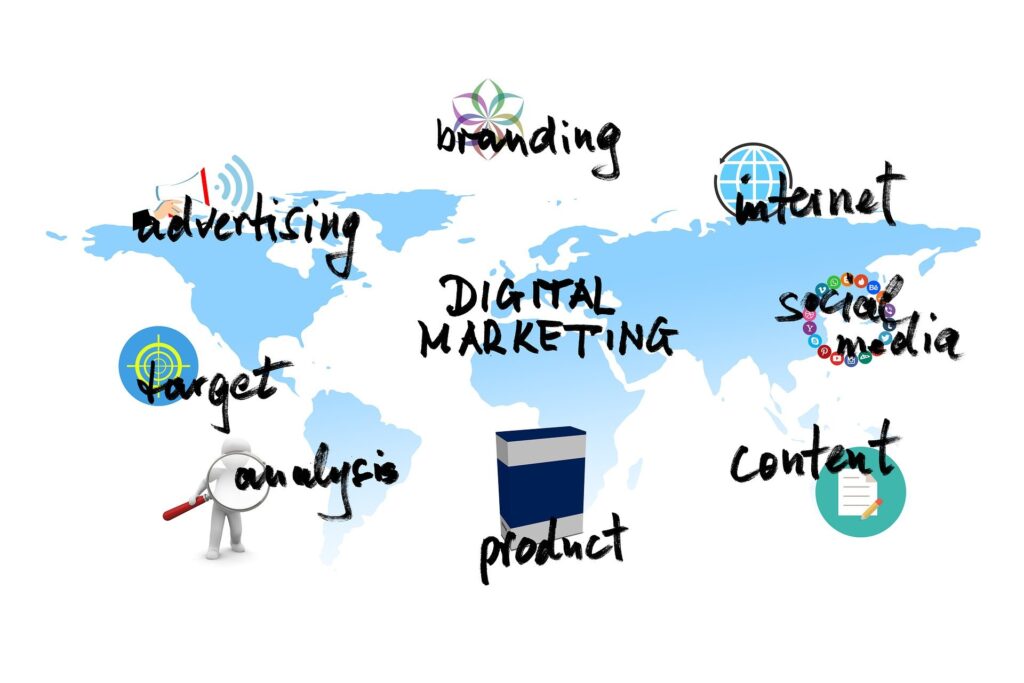

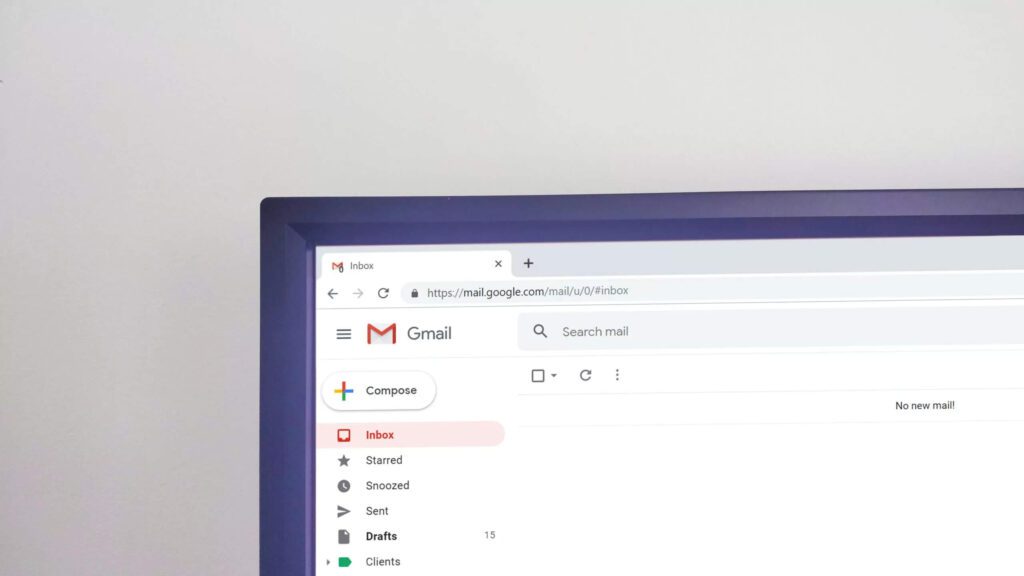


 Prior to working for Whitman Associates, Inc., Sandy worked for SkillsUSA, a nonprofit for students in trade and technical education. While there she was the administrative assistant to the executive director for 18 years.
Prior to working for Whitman Associates, Inc., Sandy worked for SkillsUSA, a nonprofit for students in trade and technical education. While there she was the administrative assistant to the executive director for 18 years.








